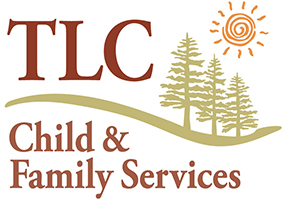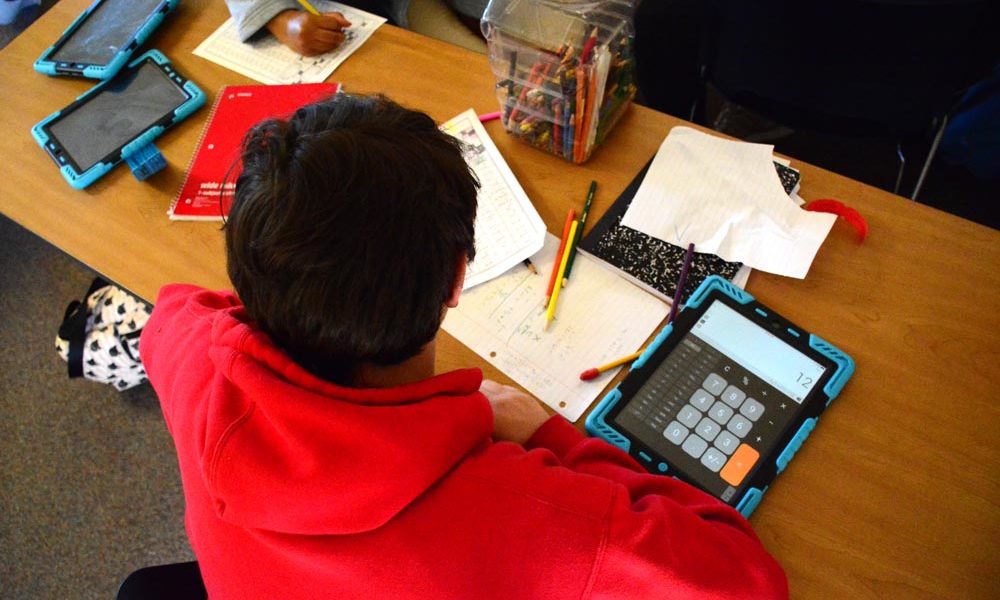Expected Schoolwide Learning Results (ESLRs)
By the time Journey Academy students graduate or transition out of the nonpublic school setting, they will be:
Engaged learners who:
- Actively participate in class discussions and activities.
- Positively contribute to the learning environment with their unique perspective, learning style, and personality.
- Collaborate with school staff and peers to learn subject matter and develop social-emotional skills.
- Utilize technology to promote learning and creative expression.
Effective communicators who:
- Utilize verbal and written language to effectively present facts and opinions.
- Respectfully listen to and interact with those who have differing perspectives.
- Utilize nonviolent communication and engage in restorative processes when faced with disagreement or adversity.
Responsible citizens who:
- Make healthy choices for their academic, physical, mental, and emotional well-being.
- Reflect on their actions and their impact on others.
- Identify problems in their lives and the lives of others to promote positive change.
- Respect and value different cultures, perspectives, and intersectional identities as part of this complex community and world.
Self and peer advocates who:
- Respectfully and assertively voice their own needs, desires, and concerns.
- Identify and take steps to realize their passions and goals.
- Develop and practice perseverance through challenges.
- Exercise their voice to help make this a safe environment for all students.
Critical thinkers who:
- Analyze and synthesize texts, media, and lived experiences to make connections and solve problems.
- Utilize sound reasoning and evidence to construct an argument and point of view.
We help your teen form connections to self, others, and the larger community as a path to being a healthy person in this complex world.
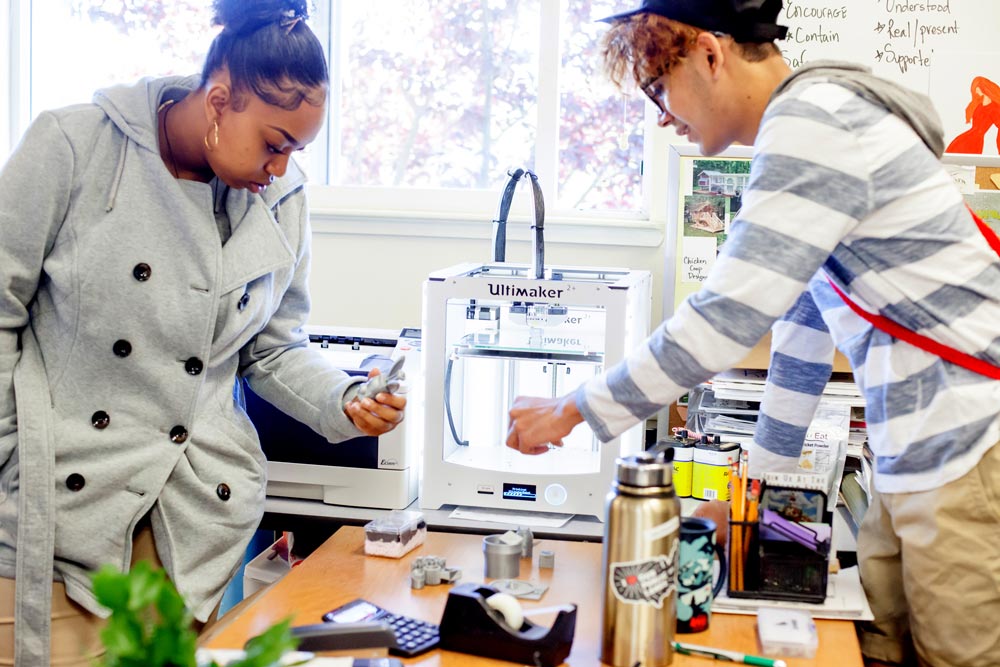
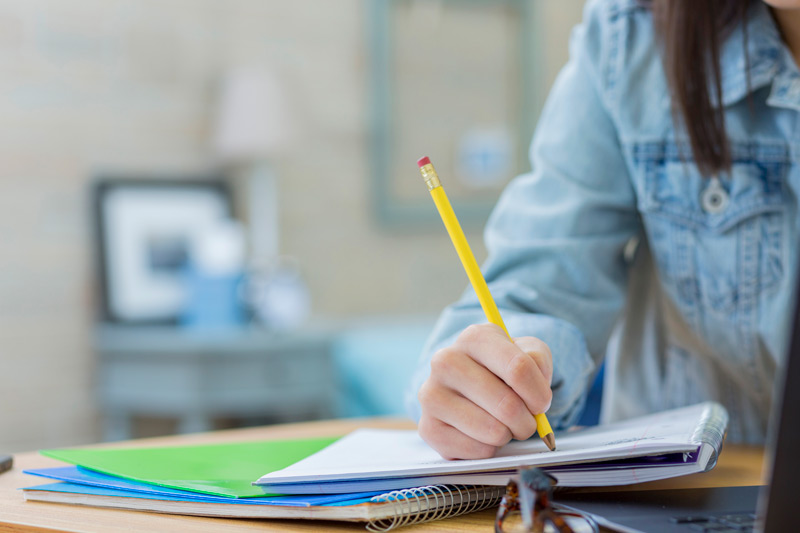
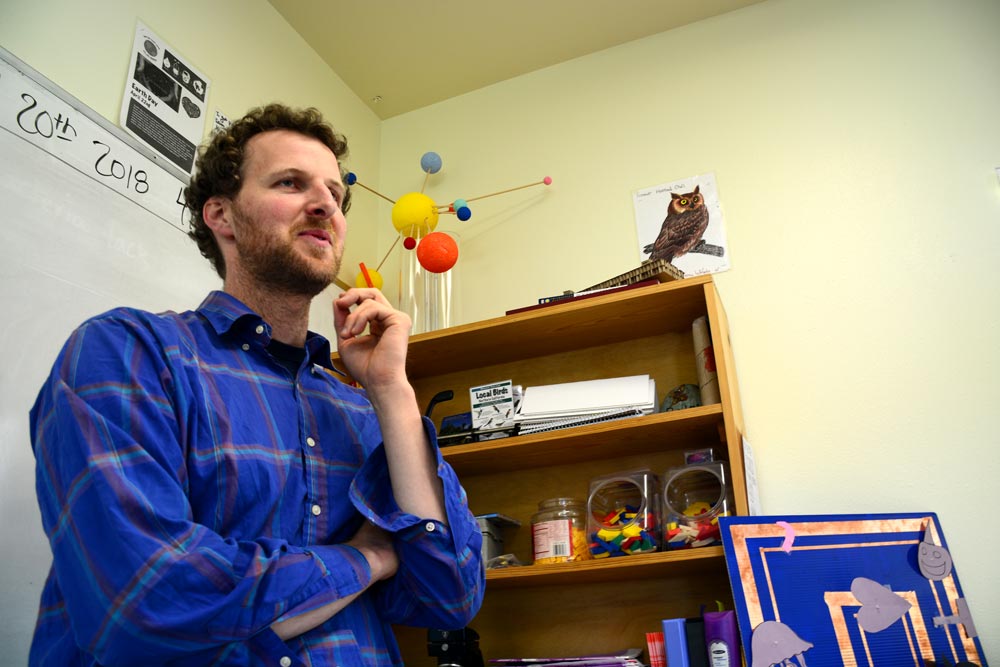
College Preparedness
We are a CDE certificated and WASC accredited nonpublic school, serving 9th-12th grade students with IEP diagnosis of Emotional Disturbance, Other Health Impairment, Specific Learning Disability and/or Autism Spectrum Disorder. We teach to the California state standards, and our instructors are special education credentialed with various areas of expertise.
Our classes have no more than 12 students, allowing for individualized instruction and highly-personalized interactions. Classes are staffed by an Education Specialist as well as an Instructional Aide so that each student’s IEP goals, accommodations and/or modifications can be implemented consistently across all classroom settings.
Each of our students has access to a Chromebook and each classroom has a Smart Board to maximize the ability for teachers to utilize interactive technology in their instruction.
All of our teachers, clinicians, and support staff are highly trained in trauma-informed practices as well as Crisis Prevention Intervention strategies so that they may help students identify emotional triggers, redirect away from and replace disruptive patterns, and explore what’s going on for them underneath their behaviors. Each classroom contains a box of coping tools that students are encouraged to use as needed and Instructional Aides track behaviors to celebrate and behaviors needing support on a daily basis to help students, families, and placing districts recognize when behavioral benchmarks have been achieved.
As members of our learning community, we expect our students to:
- Use respectful language and actions toward others
- Problem-solve and seek feedback
- Be on-time and actively participate
- Follow teacher and staff directions
- Use appropriate support strategies to manage disruptive behaviors
- Adhere to technology protocols
